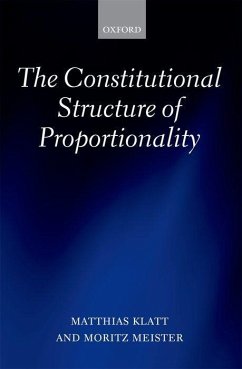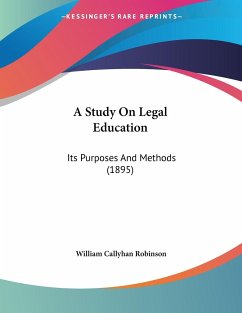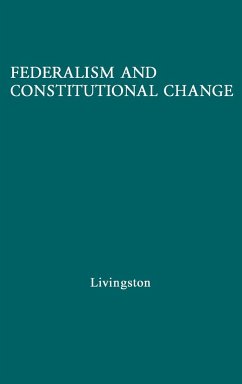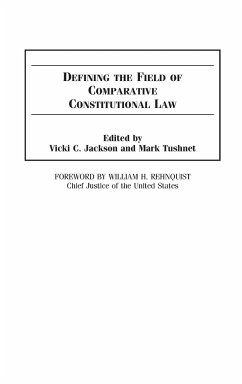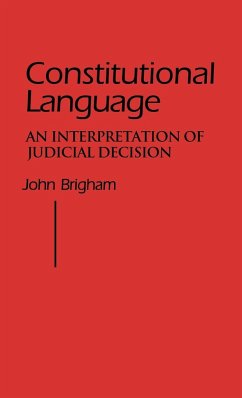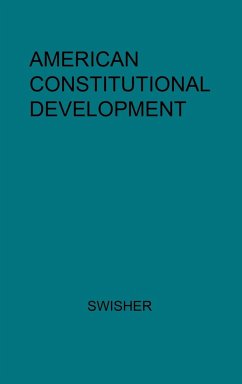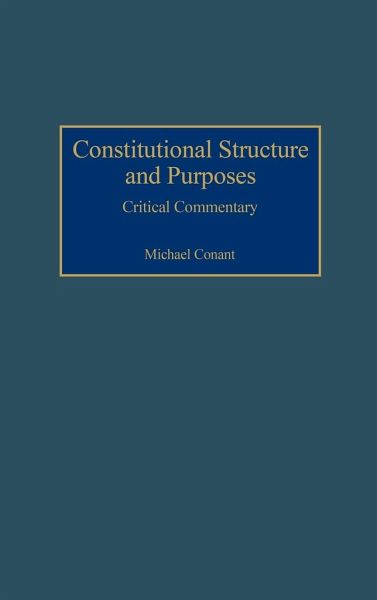
Constitutional Structure and Purposes
Critical Commentary
Versandkostenfrei!
Versandfertig in 1-2 Wochen
69,99 €
inkl. MwSt.

PAYBACK Punkte
35 °P sammeln!
Legal uncertainty is particularly high in constitutional law, where the Supreme Court may overrule earlier decisions as not conforming to the Constitution. This critical study of constitutional decision-making in the Supreme Court emphasizes the failures of the justices to consider constitutional structure and the original meaning of language in context. Conant criticizes the Supreme Court's opinions supporting racial segregation and the perpetuation of a caste system until the final overruling in Brown v. Board of Education; the Court's antitrust exemption of professional baseball; and the re...
Legal uncertainty is particularly high in constitutional law, where the Supreme Court may overrule earlier decisions as not conforming to the Constitution. This critical study of constitutional decision-making in the Supreme Court emphasizes the failures of the justices to consider constitutional structure and the original meaning of language in context. Conant criticizes the Supreme Court's opinions supporting racial segregation and the perpetuation of a caste system until the final overruling in Brown v. Board of Education; the Court's antitrust exemption of professional baseball; and the recent finding that physical desecration of the flag is protected under freedom of speech. This study challenges the view of the liberal scholars who argue that the Supreme Court must redefine the Constitution to keep up with the changing times, because this view gives approval for judicial usurpation of the amending power. It also rejects the view of conservative scholars, who contend that the Supreme Court must search for the intent of the framers of the Constitution, on the grounds that subjective intent is impossible to research. There was no verbatim reporter at the 1787 convention, and no such notes were available to the ratifying conventions in the states that rendered the proposed constitution into law in 1789. Following the methodology of Justice Holmes, Conant focuses this work on constitutional purposes and the meaning of language within its total social context at the time of its adoption.





